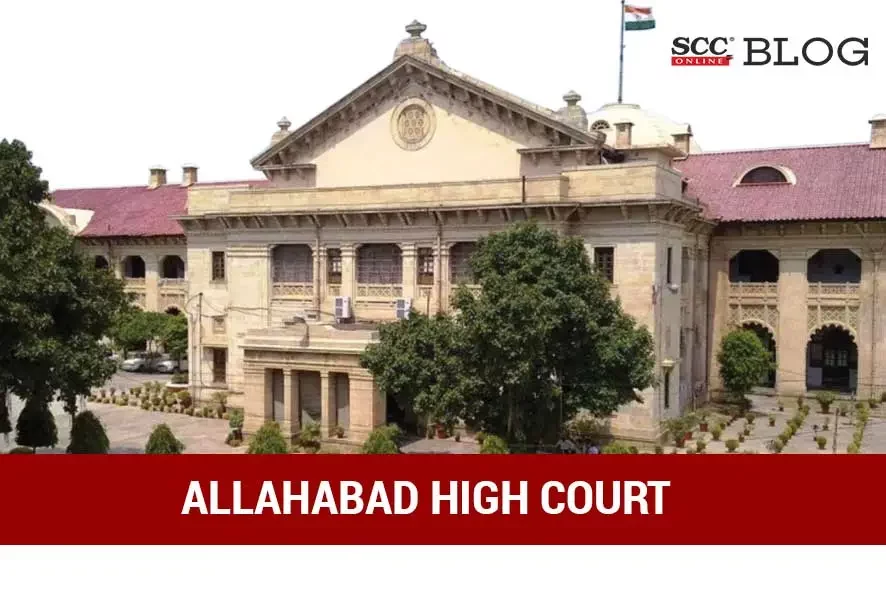Allahabad High Court: In a writ petition preferred for quashing the First Information Report (‘FIR’) under Sections 3 read with Section 7 of the Essential Commodity Act, 1955 and for a direction to respondents not to arrest the accused/petitioner pursuant to aforesaid FIR, the division bench of Mahesh Chandra Tripathi and Prakash Padia, JJ. has said that a police officer is duty-bound to record the reasons for arrest in writing. The consequence of non-compliance with Section 41 shall certainly ensure to the benefit of the person suspected of the offence.
The accused submitted that the alleged offences are punishable with imprisonment of seven years, therefore, the police authorities are bound to follow the procedure laid down under Section 41-A of the Code of Criminal procedure, 1973 (‘CrPC’). He has been wrongly implicated and could not be arrested.
The Court said that the investigating agencies and their officers are duty bound to comply with the mandate of Section 41 and 41-A CrPC and the directions issued in Arnesh Kumar v. State of Bihar, (2014) 8 SCC 273. Any dereliction on their part has to be brought to the notice of the higher authorities by the Court, followed by appropriate action.
The Court said that these provisions mandate the police officer to record his reasons in writing while making the arrest. Thus, a police officer is duty-bound to record the reasons for arrest in writing. The consequence of non-compliance with Section 41 shall certainly inure to the benefit of the person suspected of the offence.
On the scope and objective of Section 41 and 41-A, the Court said that it is obvious that they are facets of Article 21 of the Constitution. Further, after perusing the FIR, the Court opined that the guidelines framed by Supreme Court are equally applicable to the facts of the instant case.
After referring to Nikesh Tarachand Shah v. Union of India, (2018) 11 SCC 1, the Court said the principle that bail is the rule and jail is the exception has been well recognised through the repetitive pronouncements of the Supreme Court, which is on the touchstone of Article 21 of the Constitution of India.
Thus, the Court disposed of the writ petition.
[Rajkumari v. State of UP, 2023 SCC OnLine All 358, Order dated 28-06-2023]
Advocates who appeared in this case :
Counsel for Petitioner:- Advocate Mahendra Kumar Yadav, Advocate Vinod Kumar Yadav;
Counsel for Respondent:- Government Advocate.








